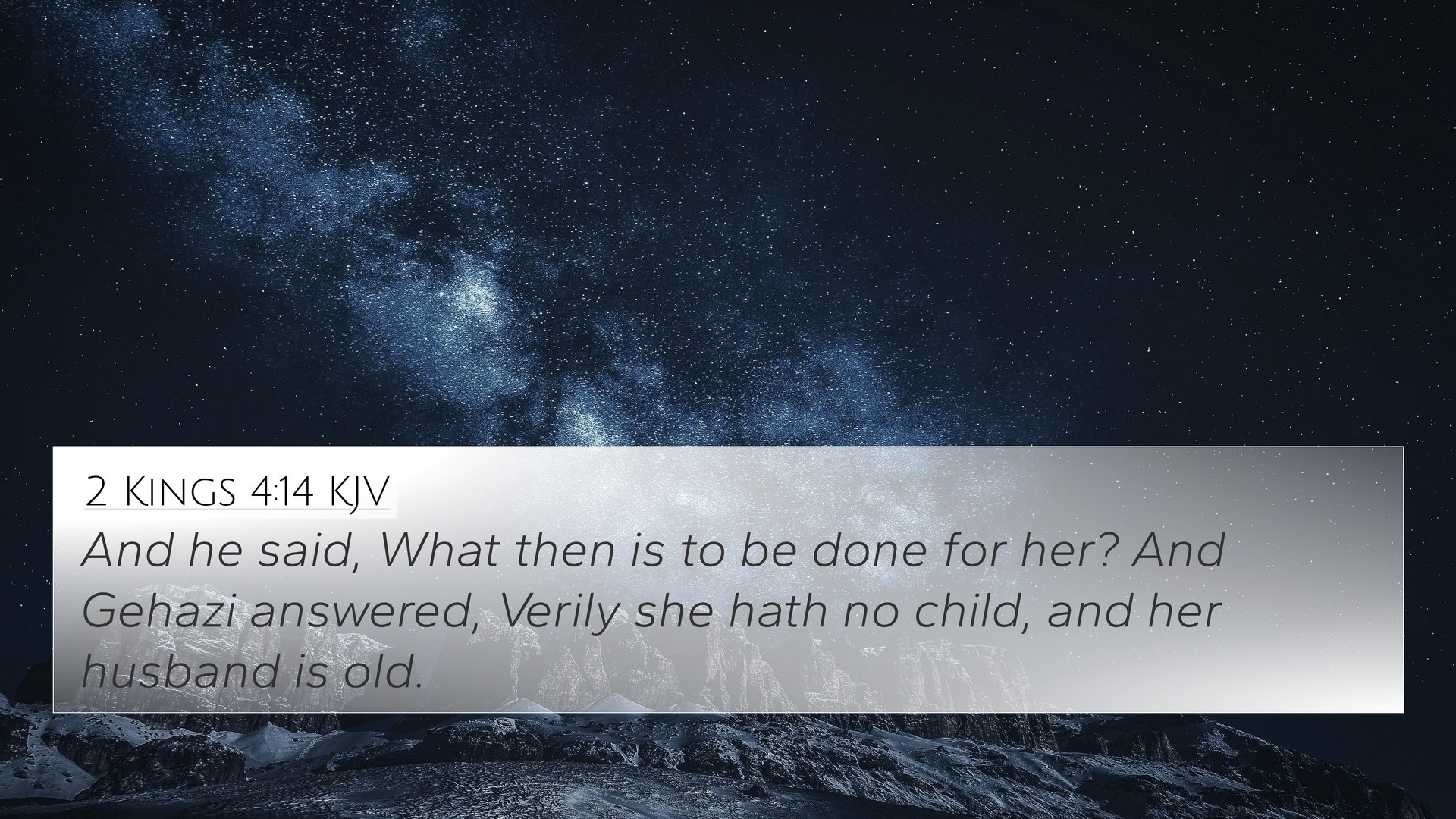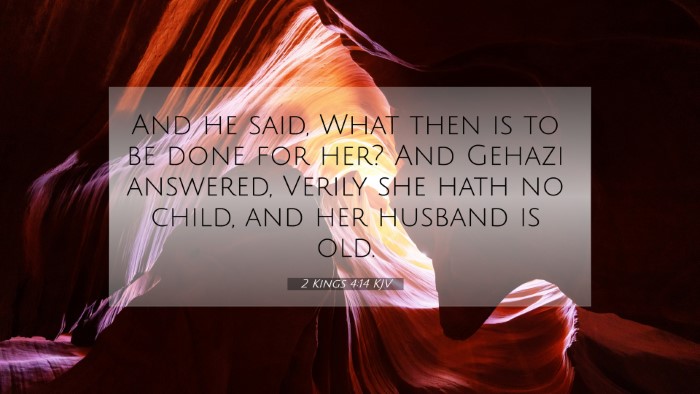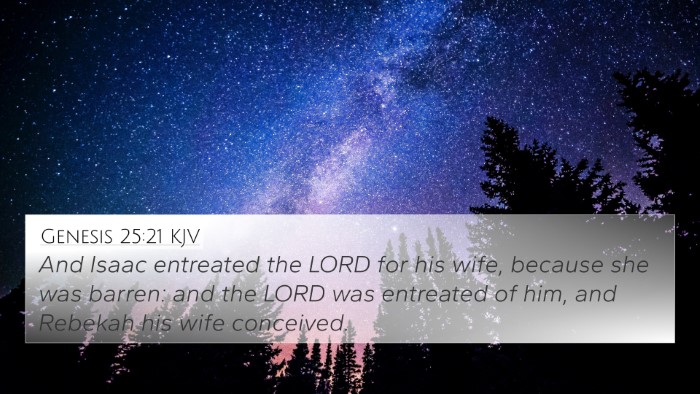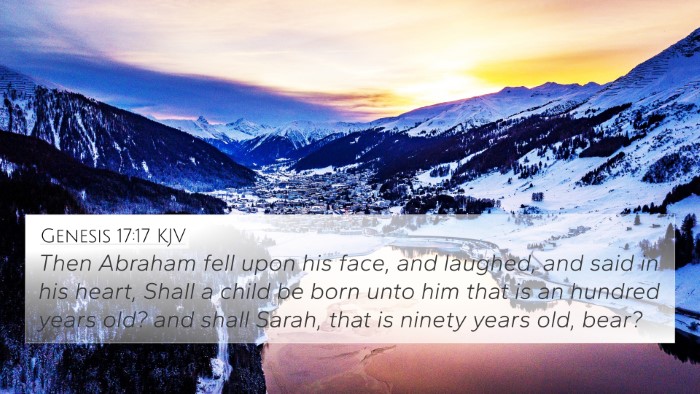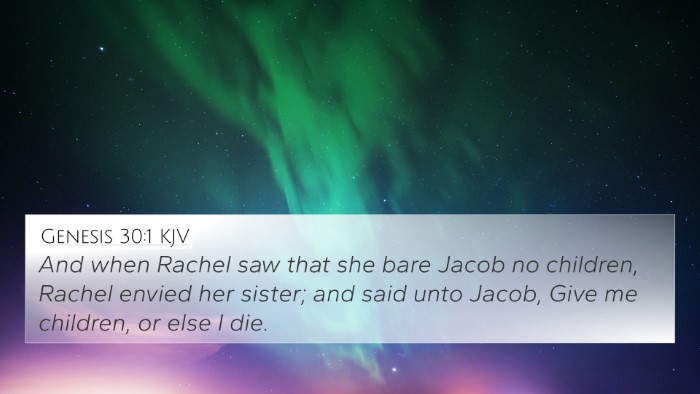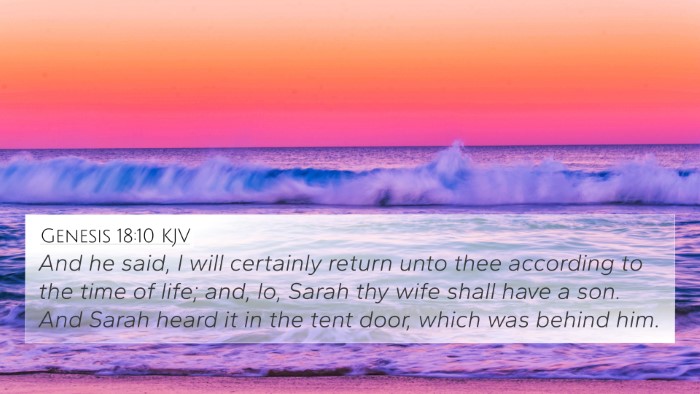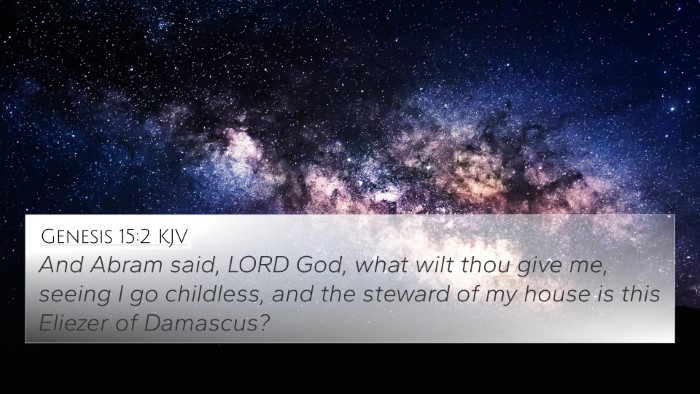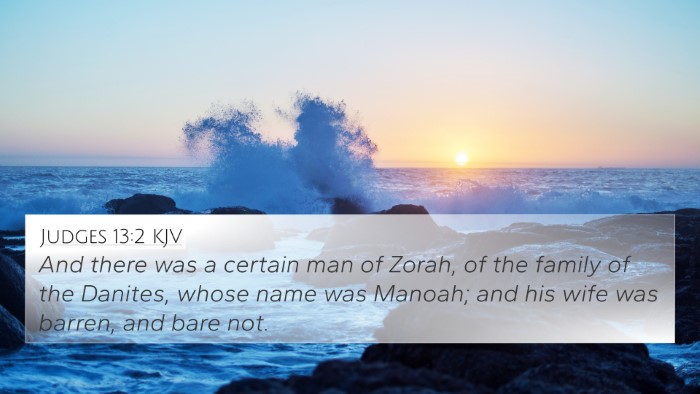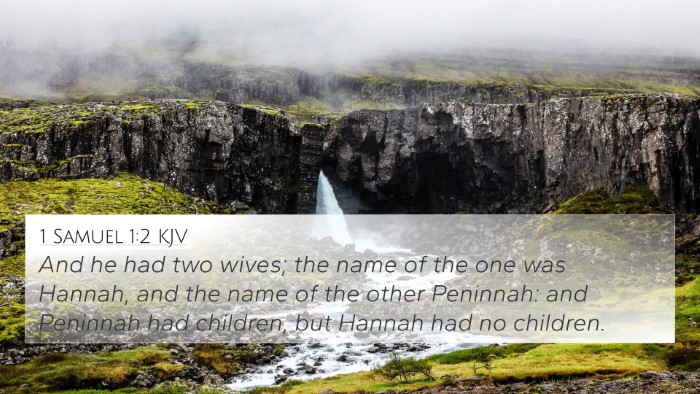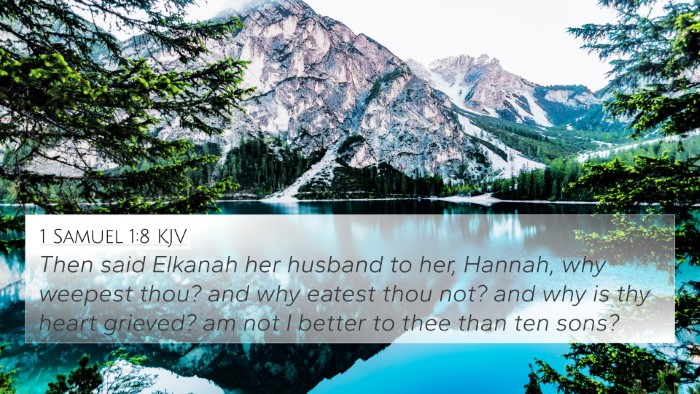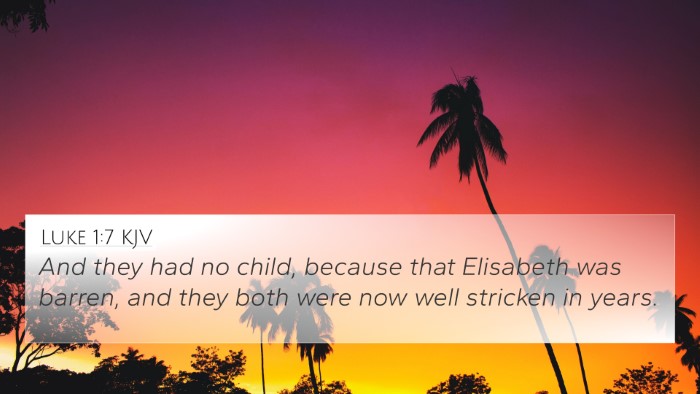Overview of 2 Kings 4:14
2 Kings 4:14 is a pivotal verse where the prophet Elisha learns about the Shunammite woman’s desire for a child. This verse is part of a larger narrative that showcases God's provision and the miraculous interventions by Elisha in response to the needs of those around him.
Scriptural Context:
In the context of 2 Kings 4, Elisha had been blessed by the hospitality of the Shunammite woman and her husband. This verse emphasizes the importance of understanding God's intentions and the prophetic revelations that can arise from attentive faith.
Commentary Insights:
- Matthew Henry:
Henry notes that this account illustrates God’s kindness and power. Through asking the question "What then is to be done for her?" Elisha demonstrates a sensitivity to the needs of the Shunammite woman, which not only leads to the blessing of a child but also underscores the theme of divine providence.
- Albert Barnes:
Barnes highlights that Elisha had perceived the heart of the woman and thus was prompted to inquire into her needs. He suggests that this represents the role of a prophet as one who connects divine insight with human need, indicating that God is intimately aware of the concerns of His people.
- Adam Clarke:
Clarke emphasizes the importance of understanding prophecy in daily life. His commentary suggests that the inquiry made by Elisha invites us to reflect on our own spiritual desires and to openly seek God’s blessings in our lives.
Thematic Connections:
This verse connects with several themes found throughout the Bible, reinforcing notions of faith, divine provision, and the importance of prophetic voice.
Related Bible Cross-References:
- 1 Kings 17:15-24 - The account of Elijah raising the widow's son illustrates God’s concern for the vulnerable.
- 2 Kings 4:1-7 - The miracle of the oil is another demonstration of God’s provision through the prophets.
- Luke 1:13-14 - The announcement of John the Baptist’s birth parallels themes of miraculous birth.
- 2 Corinthians 9:8 - Paul’s assurance that God provides for every need reflects the principle seen in 2 Kings 4:14.
- Proverbs 3:5-6 - Trusting in the Lord with all one's heart reverberates with the faith exhibited by the Shunammite woman.
- Hebrews 11:11 - Reference to Sarah's faith aligns with the joy of new life provided by God.
- Isaiah 65:24 - God promises to respond to the prayers of His people, echoing Elisha's role in intercession.
Understanding Through Cross-Referencing:
This verse is a prime example of how cross-referencing biblical texts can enhance understanding. By exploring these connections, one can see the consistency of God's promises and His engagement with humanity throughout scripture.
Tools for Bible Cross-Referencing:
- Bible Concordance: A useful tool for finding specific verses and their themes.
- Bible Cross-Reference Guides: Provide lists of verses that relate to specific themes and subjects, aiding in deeper study.
- Cross-Reference Systems: Organized methods to link scripture, facilitating thematic studies.
- Comprehensive Bible Cross-Reference Materials: Such resources compile numerous connections to empower studies.
Conclusion:
In concluding this exploration of 2 Kings 4:14, the combined insights from public domain commentaries illuminate the richness of this verse. It not only connects to the theme of divine provision but also encourages believers to seek God's awareness of their needs through faith. Understanding cross-references enhances the depth of scripture, revealing the interwoven nature of biblical narratives.
